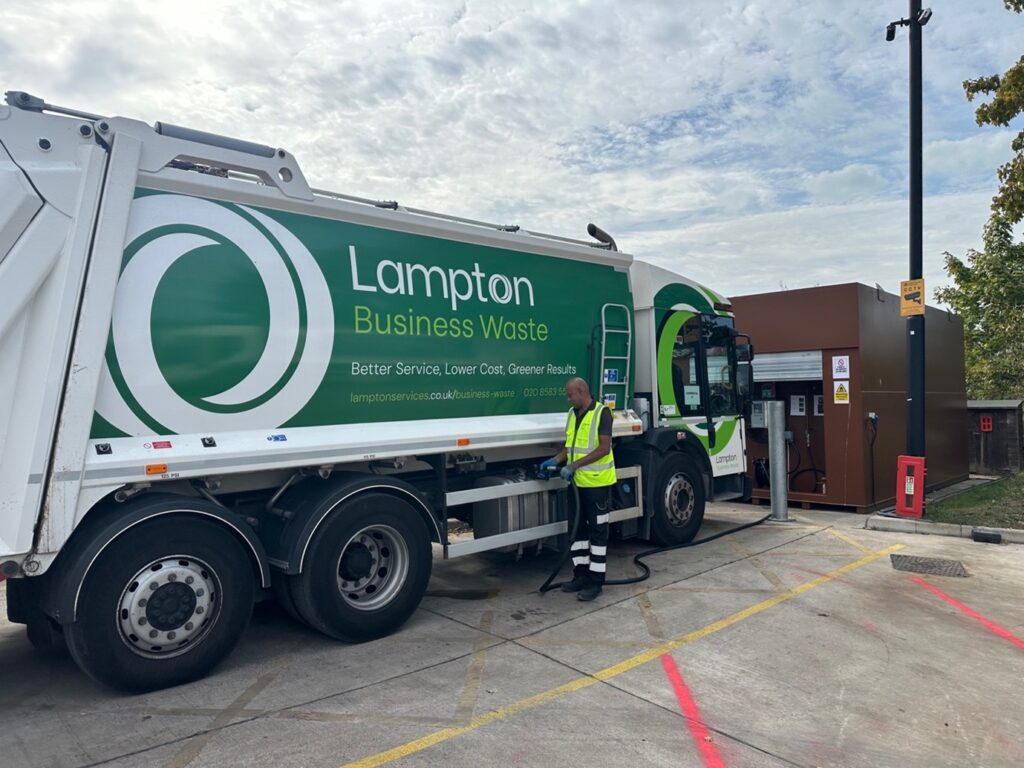Members of the Unite union, totalling 200 employees who are employed by Suez, backed the motion following a dispute over pay. If talks to avert the strike fail, action will be taken over 12 days, on each Wednesday and Friday between 12 July and 4 August.
The dispute stems from unsuccessful pay negotiations between the Unite Union and Suez , the council’s collections contractor. The union rejected an initial 5.8% pay increase and subsequently voted in favour of industrial action. A subsequent offer of 8% from Suez has also been rejected.
‘Disruption’
Unite regional officer Tim Morris said: “The strike action will inevitably cause huge disruption to refuse collections throughout Somerset, but this crisis is entirely of Suez’s own making. The company should stop prevaricating and make a pay offer which meets our members’ expectations.”
Unite has raised the issue of low pay rates for the workers, citing that loaders receive “a meagre £10.98 per hour”, while drivers, who are required to possess an HGV license, “are paid only £13.63 per hour”. Meanwhile, the Unite Union also looked to highlight Suez’s “substantial gross profit of £81 million in 2021”.
Unite general secretary Sharon Graham voiced her support for the workers, asserting “that they play a vital frontline role in maintaining cleanliness and orderliness in Somerset”. She emphasised that the workers are “no longer willing to accept low wages”, considering the Suez offer to be a “pay cut in real terms”. Ms Graham highlighted that Suez is a financially prosperous company that can easily afford to make a fair pay offer but has chosen not to do so.”
We know cost of living pressures are affecting everyone but this action would have a big impact on residents
- Mickey Green, Somerset council
‘Contingency’
Somerset council’s has ramped up its preparation for industrial action by implementing contingency plans. These plans seek to minimise the impact on residents should the strike proceed.
During the strike period, staff will abstain from working overtime or participating in catch-up collections on non-strike days. Prioritisation will be given to three-weekly refuse collections, clinical waste collections, and collections from communal locations. However, there is no guarantee that these collections will occur on time.
Recycling collections will be significantly impacted as crews will be redeployed to support other essential collections. As a result, some residents may experience multiple weeks without recycling collections. The effect on garden waste collections is yet to be determined.
The disruption caused by the industrial action will extend beyond the strike days, as crews will need to handle the accumulated waste when collections resume.
Mickey Green, Somerset Council’s executive director for climate and place, said: “Talks are ongoing and we very much hope that industrial action can be avoided or resolved quickly. We know cost of living pressures are affecting everyone, including waste collection crews, but this action would have a big impact on residents across the county. We will continue to support Suez as it works to resolve the dispute, assisting where we can.
“If action is taken, we will make as many collections as possible, but some services will have to be prioritised at the expense of others and we would ask for the public’s patience.”









Subscribe for free